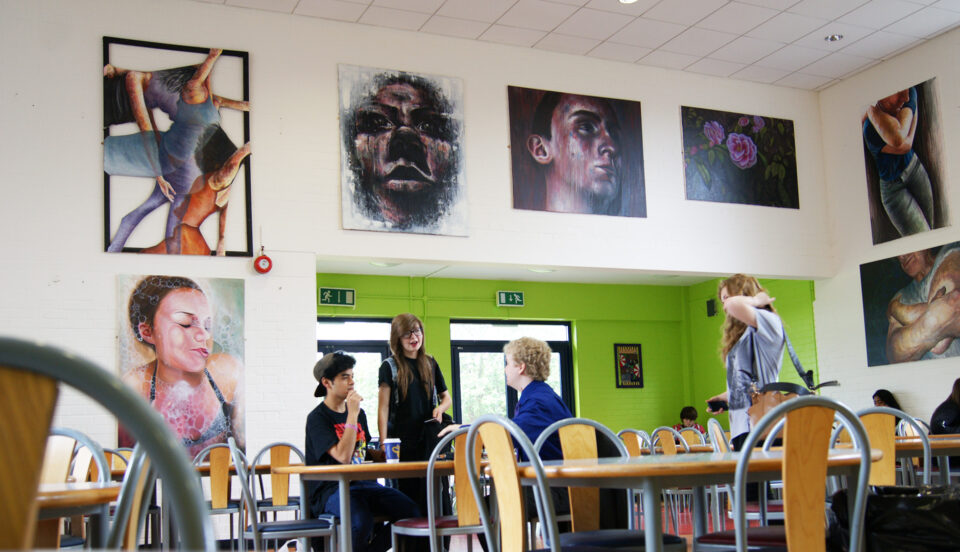What you'll learn
An AAQ is equivalent to an A level but with a more mixed approach to assessment. These brand-new qualifications offer a progressive approach to study at level 3 and have an increased focus on the application of knowledge.
How you'll learn and be assessed
This is a classroom-based course, with practical activities conducted in the laboratory. Students must also study independently, in their own time, to ensure they achieve the best outcomes.
You will use standard classroom equipment, along with a scientific calculator. Access to the internet and a computer from home will also be beneficial.
A level subjects are assessed purely on exams, whereas the AAQ will be a combination of exams and coursework. The EPQ is assessed via the final project or essay, along with a reflective log documenting the project and research journey. Learners will be assessed via mock exams, projects, and practical exercises throughout the two-year course.
Progression
Learners completing the Space programme will have achieved 3.5 A levels which will all contribute to the total UCAS points along with the skills, practical experience and academic ability to pursue higher-level study in the space sector.
Pathways into the space industry would include studying at a university or other higher education, an apprenticeship such as a level 4 space engineering technician, or potentially entry into the industry in a junior technician role.
Entry requirements
Students need to achieve a minimum of 5 GCSEs at grade 5 and above including English, with at least a grade 6 in maths and physics.
